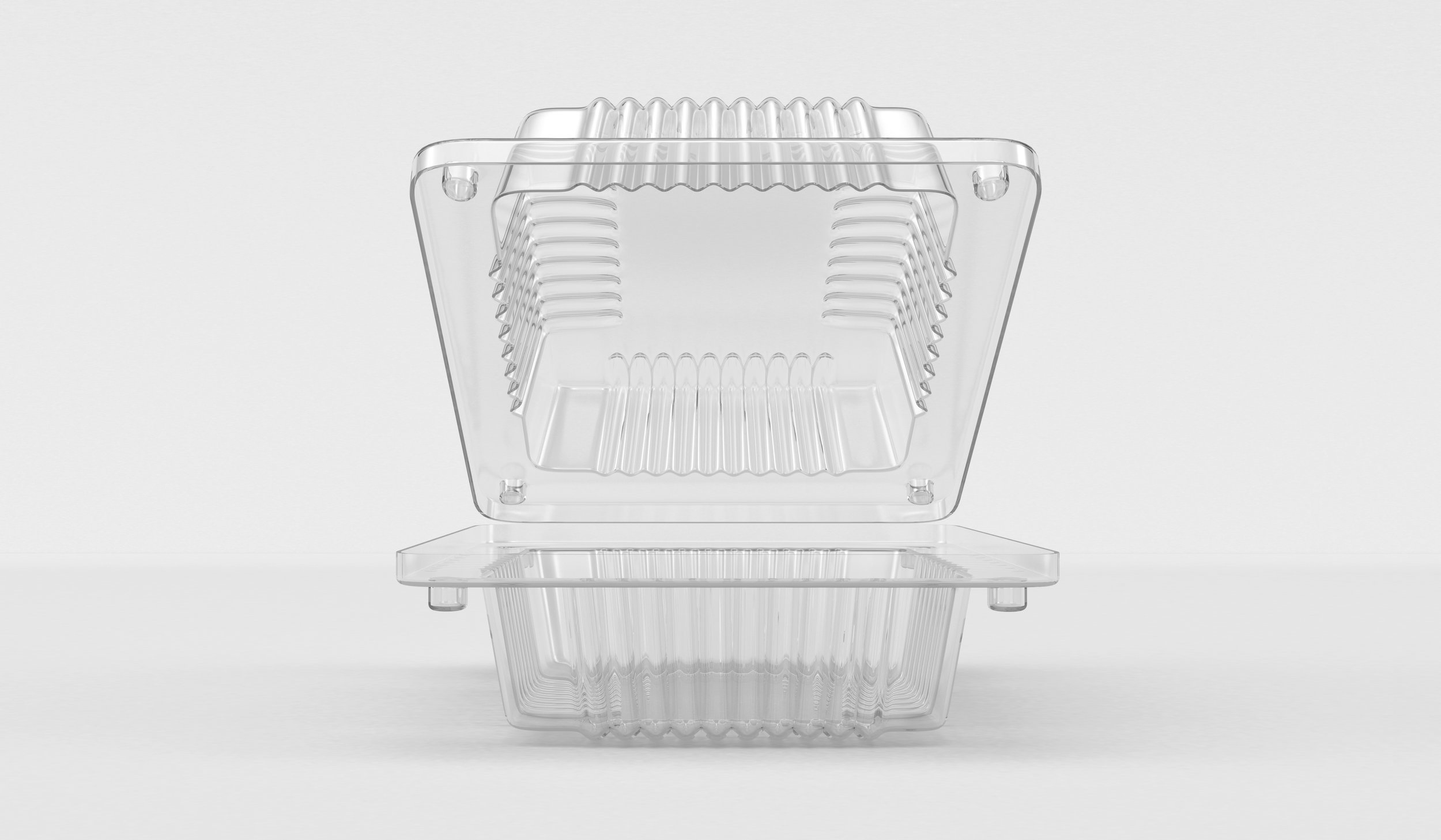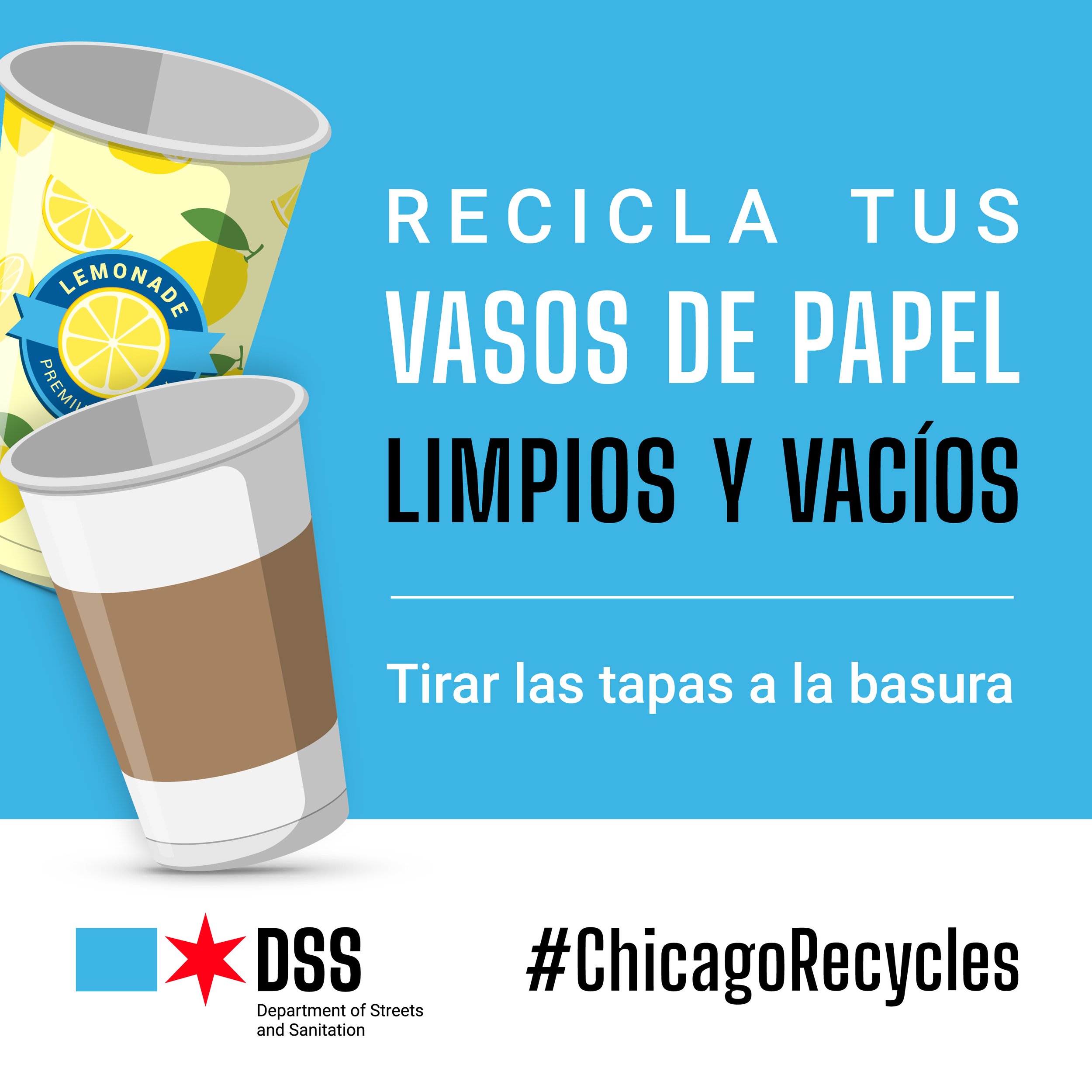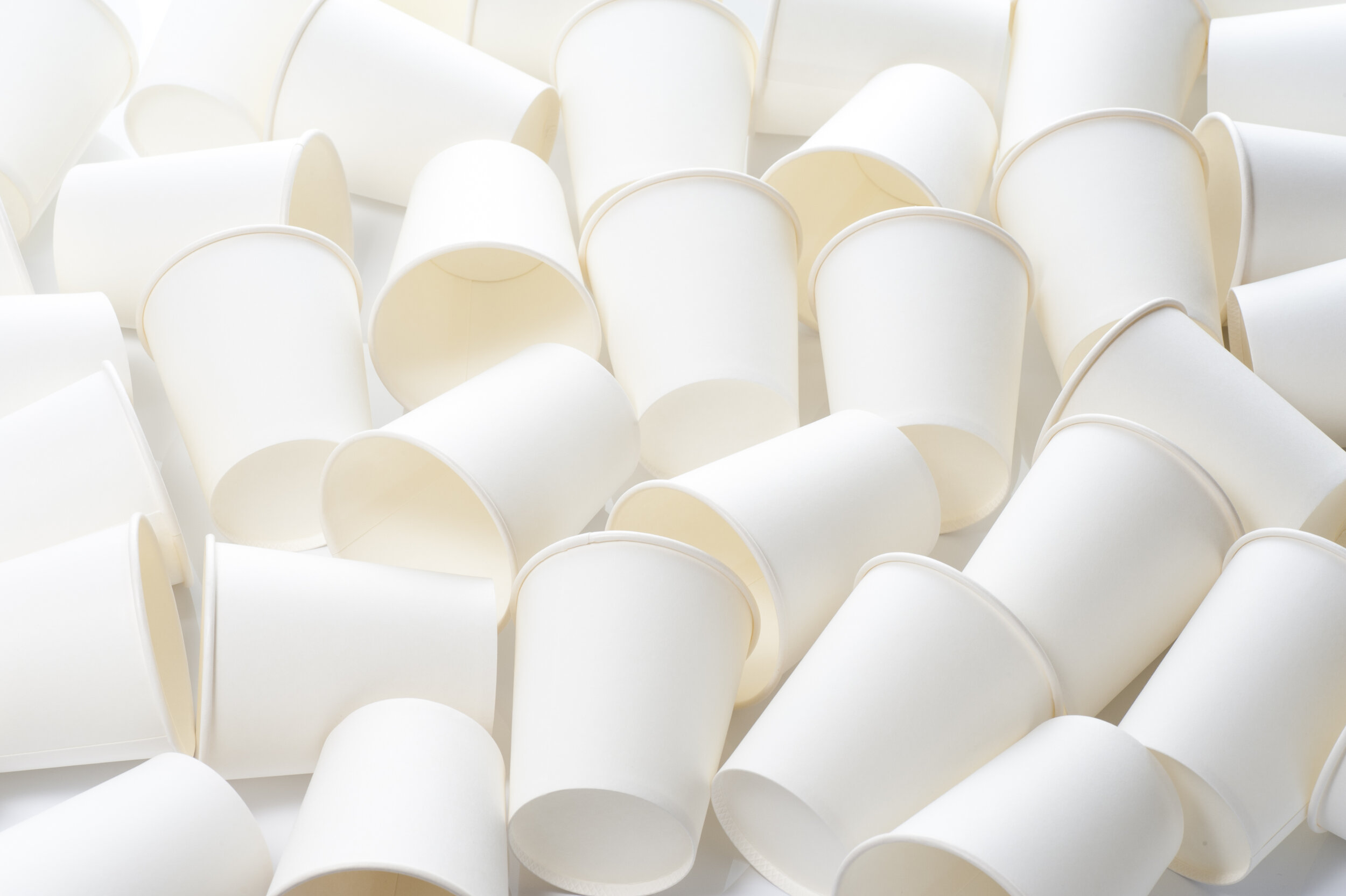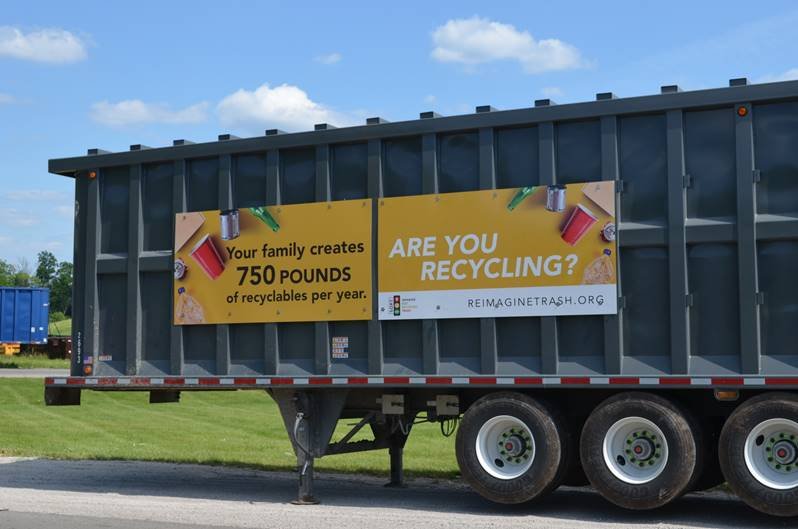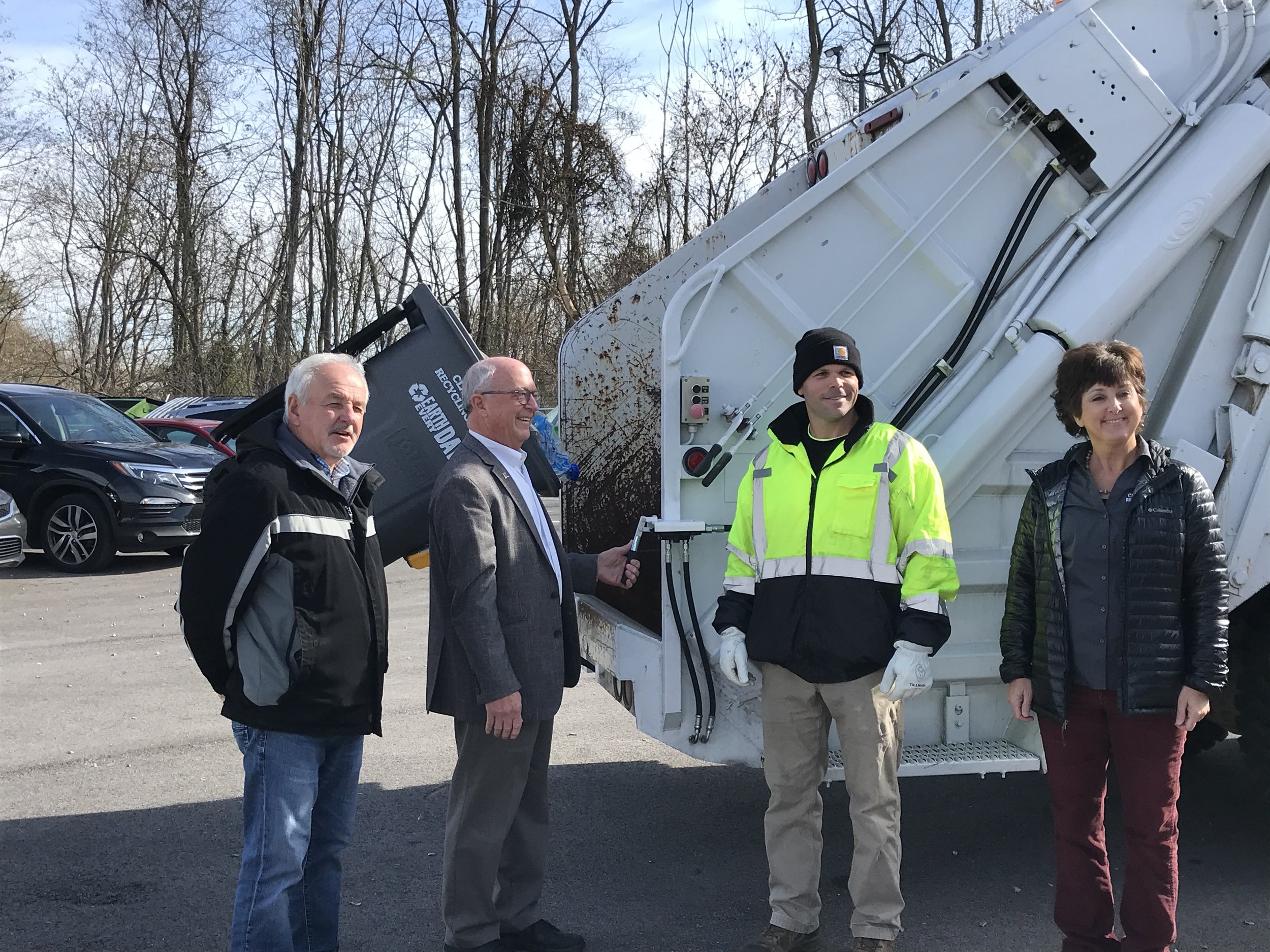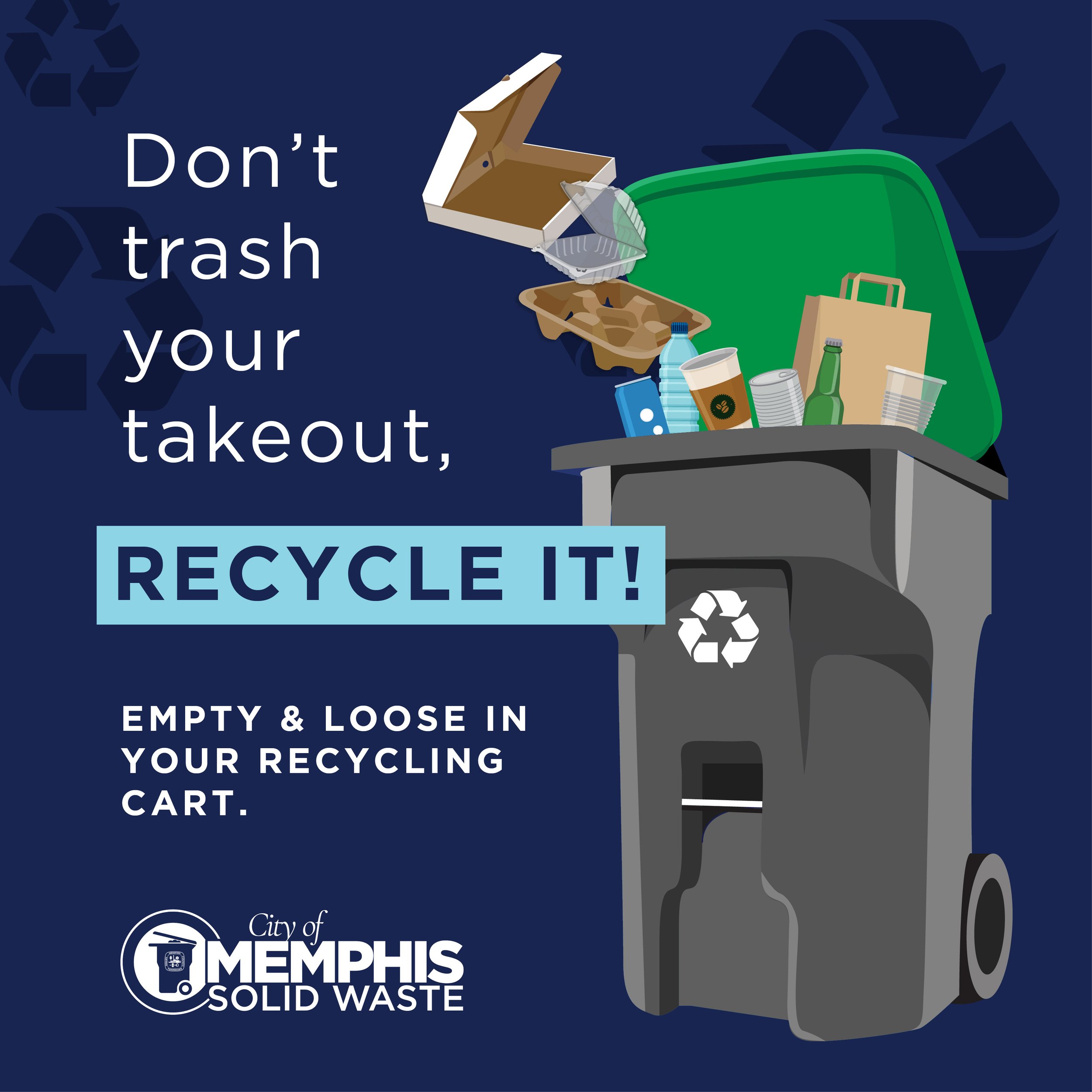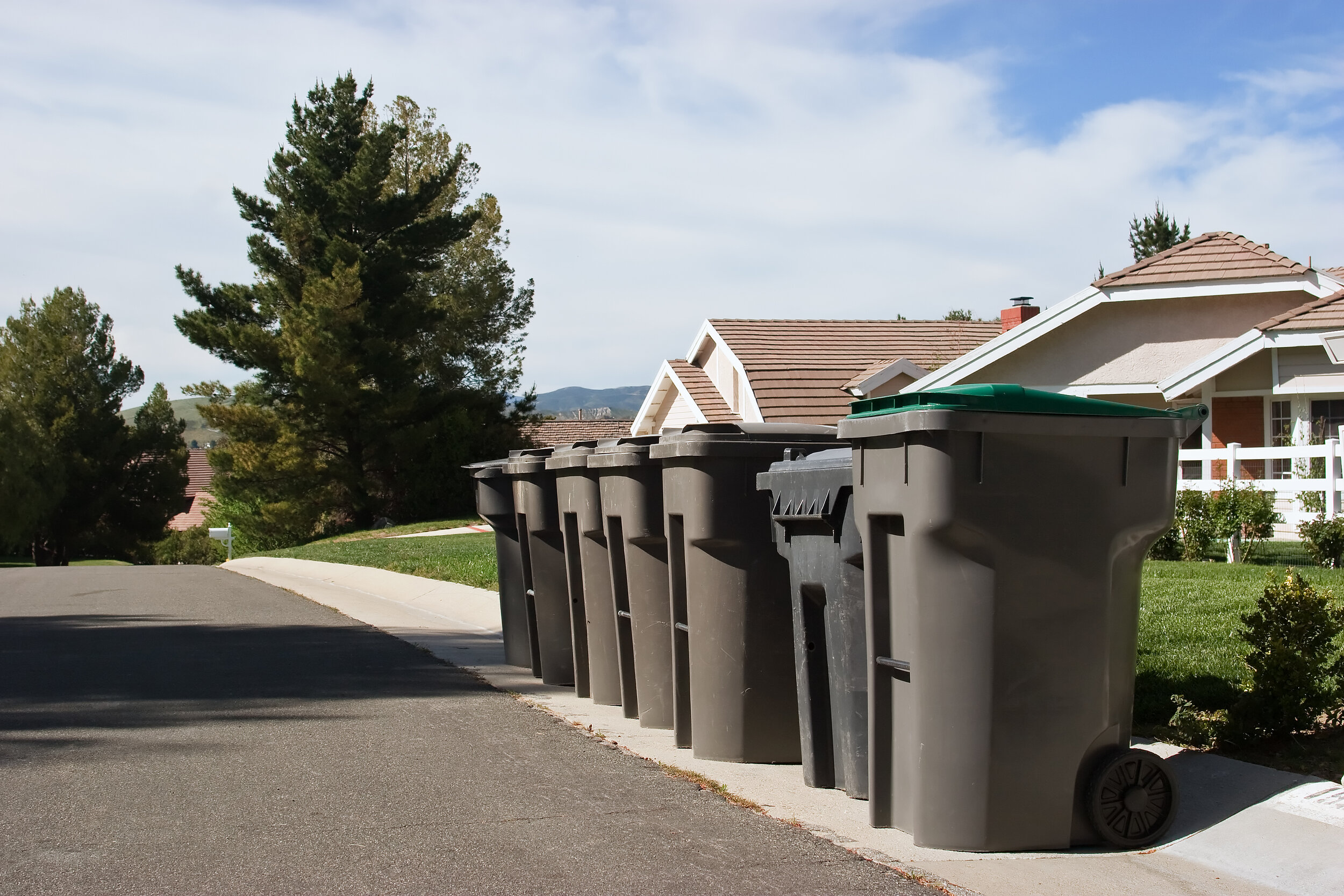
Communities
Use the tabs below to explore resources, case studies, and more.
Introduction
More communities throughout the U.S. and Canada are successfully recovering foodservice packaging. However, the specific material and packaging types recovered vary by community and the available resources.
As communities consider adding foodservice packaging to a curbside program, it is important to have an idea of how much material this will generate. In a city of 250,000 people, roughly 3,000 tons of cups, containers, boxes and paper bags are generated annually. About 75% of this material is fiber. A ten percent recovery rate – which is a realistic initial goal for new materials – would mean the addition of about 300 tons annually being sent to a material recovery facility (MRF), consisting of approximately 230 tons of paper and 70 tons of plastic.
GROWING RECYCLING ACCESS
FPI works with communities and MRFs to add foodservice packaging to recycling programs.
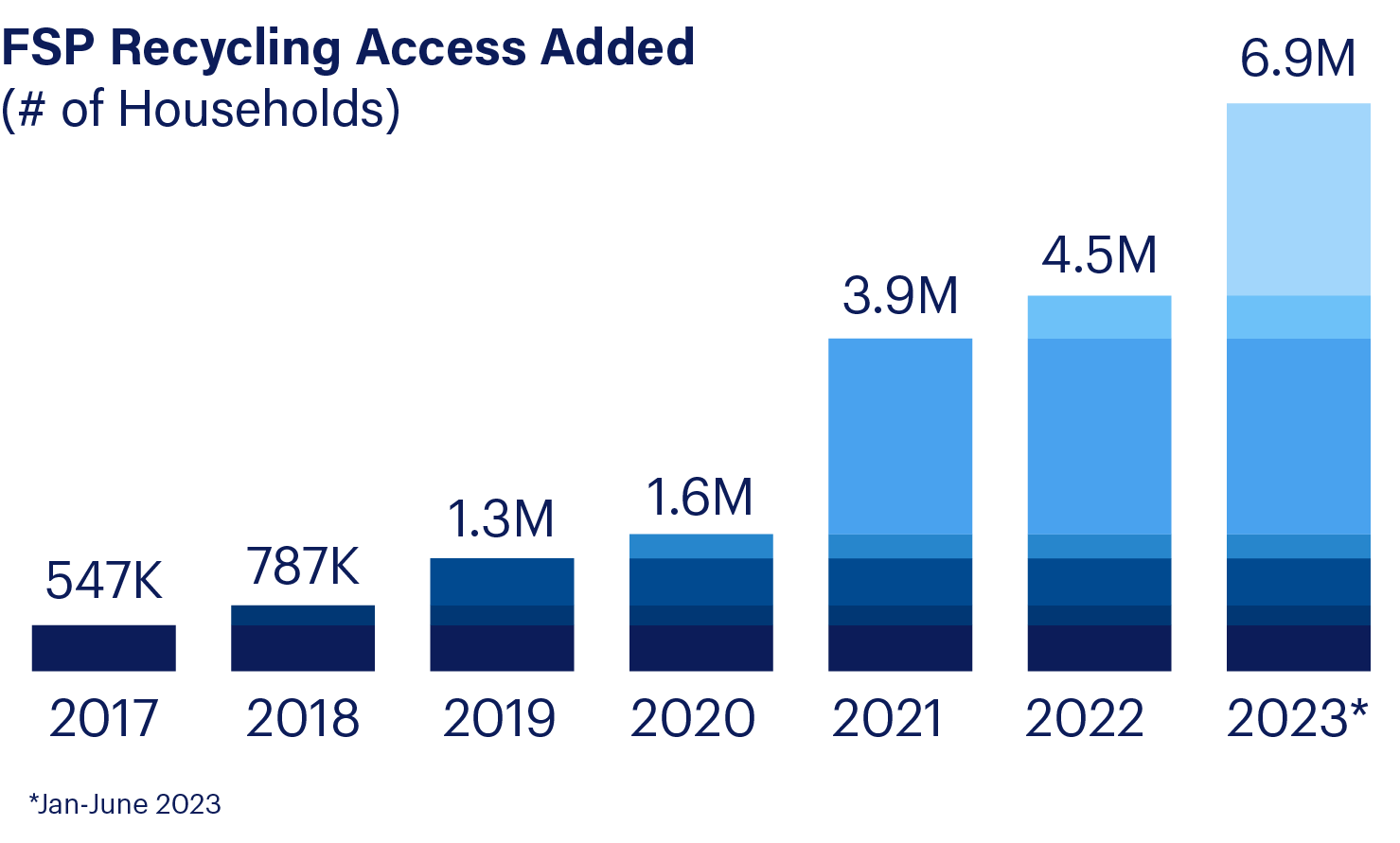
I M P A C T
FOODSERVICE PACKAGING CAN BE RECYCLED BY
6.9 MILLION ADDITIONAL HOUSEHOLDS
Resources
Recording of the January 2025 FPI webinar featuring industry, community, and composter representatives who are including compostable packaging in residential composting programs.
Recording of the October 2024 FPI webinar featuring industry, MRF, and material processor representatives who are recycling plastic-based cup and container takeout packaging.
This study examines the diversity of existing residential curbside collection programs for food scraps and compostable packaging. FPI analyzed eight exemplary programs to gain a deeper understanding of their key features, identify the main challenges they face, and highlight their successful strategies.
Recording of the July 2024 FPI webinar featuring MRF, paper mill, and community representatives who are recycling pizza boxes, paper cups, and other paper-based takeout packaging.
In December 2023, FPI held a webinar that shared information on the effect of images, language and special instructions related to recycling take-out containers. We also learned about best practices and tools, and heard real-world examples of resident education from communities and haulers.
FPI released a summary of findings from its Resident Messaging Survey, sharing information related to resident assumptions on recyclability, awareness of what items can be recycled, and top sources of recycling instructions. The survey focused on recycling messaging related to take-out items such as plastic cups and containers, paper cups and pizza boxes.
Webinar shared several FPI-supported studies including recovery of PET thermoforms, PP cups, paper cups, and the impact of food residue on take-out packaging recycling.
A food residue study was conducted in November 2022 to learn whether foodservice packaging (such as take-out containers, cups or pizza boxes) set out for recycling were more contaminated than food contact packaging (such as peanut butter jars, cans or pasta boxes). This study served as a follow-up to two previous food residue studies.
This webinar recording focused on the FPI community partnership program that works to add a suite of foodservice packaging to curbside recycling and/or composting programs in vetted communities. The panelists walked through the partnership approach, shared resources available to communities, and provided real-world collaboration stories from actual community partners.
Check out the successes that FPI’s Community Partners have had when adding foodservice packaging to their city and county recycling programs.
Some communities have expressed concern about adding foodservice packaging to a recycling program because of food residue. But, two recent studies have shown that foodservice packaging is no more contaminated with food than other commonly recycled food-contact items like bottles, jars or cans. View the webinar on this topic for more information.
What is the best way to communicate to residents? A residential messaging survey was conducted to gauge the effect of images, language and special instructions in communicating with the greatest clarity about recycling foodservice packaging.
Some communities have expressed concern about adding foodservice packaging to a recycling program because of food residue. But, two recent studies have shown that foodservice packaging is no more contaminated with food than other commonly recycled food-contact items like bottles, jars or cans.
Learn best practices for your recycling outreach materials from representatives of the Foodservice Packaging Institute, The Recycling Partnership, and Keep America Beautiful in our webinar.
Markets for postconsumer polypropylene are on the rise. Read more about polypropylene recovery and end market demand for this resin.
A new white paper, authored by Moore & Associates, delves into the evolving landscape of paper cup recovery efforts in the U.S. and Canada including recycling challenges, technical aspects of material sorting and processing, and end markets utilizing recovered cups.
FPI is committed to making resident outreach on recycling and composting of foodservice packaging (FSP) simple and effective. We have resources to help you, whether you’re looking to add to your current educational material or you’re starting from scratch.
For the latest resources and studies to assist your community in reaching recycling and composting goals view our webinar.
Case Studies
Community Partnership
The goal of FPI’s Community Partnership program is to add a suite of foodservice packaging to curbside recycling and/or composting programs in vetted communities. Success in partner communities can provide model programs and lay the foundation for greater acceptance in curbside programs nationwide.
Current Community Partnerships
Chattanooga, TN
Press Release | Case Study | News
Louisville, KY
Press Release | Case Study
Washington, D.C.
Press Release | Case Study
Denver, CO
Press Release | Case Study | News
Millennium Recycling: Sioux Falls, SD
Press Release | Case Study
Clark County, IN
Case Study
Kent County, MI
Press Release | Case Study | News
St. Lucie County, FL
News | Case Study
Athens-Clarke County, GA
Press Release | Case Study | News
Atlanta, GA
Press Release | News
Detroit, MI
Press Release | Case Study | News
Madison, WI
Press Release | Case Study | News
Carolinas
Summary
New Hanover (NC) News
Catawba (NC) News
Tulsa, OK
Case Study | News
FCC: Dallas Area, TX
Summary | News
Memphis, TN
Case Study | News
Chicago Area, IL
Groot Ind: Case Study
LRS: Case Study | News
Chicago: Summary
TFC: Hampton Roads, VA
Summary
What We Provide
As part of adding foodservice packaging to a recycling and/or composting program, FPI will:
conduct outreach to stakeholders, e.g. materials recovery facilities, haulers, end markets, composters and communities;
collect data on stream composition and other program parameters before and after the launch; and
develop a strong communications component to complement the education and outreach efforts of the chosen community.
Selected partner communities are also eligible for grant funding to assist with educating residents on the additions to the program. This provides a great opportunity to refresh education on what should be recycled/composted.
Selection Process
Communities are selected for the program following a robust screening and vetting process. This ensures partner communities have the resources in place to successfully recover foodservice packaging, from collection to processing and viable end markets.


